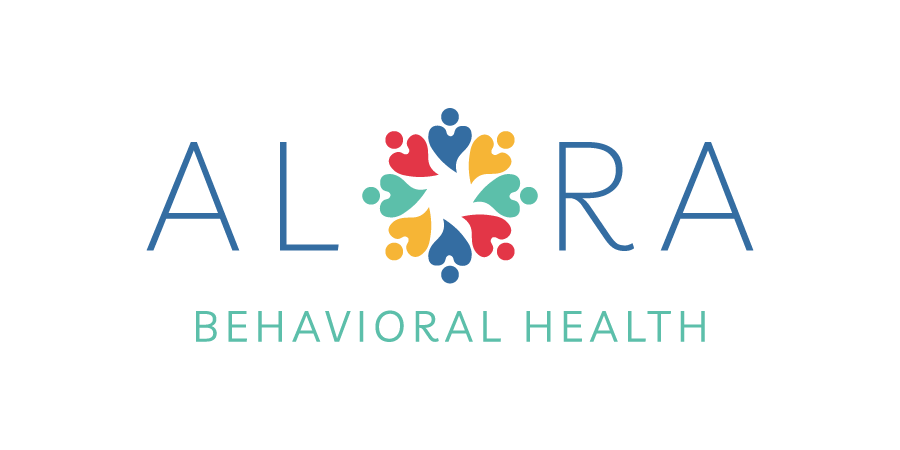Childhood and adolescence are crucial periods for development, not just physically but also mentally and emotionally. During this time, young minds are forming habits and coping mechanisms that will shape their lives for years to come. This is why recognizing and addressing behavioral health issues early on is critical for their overall well-being.
Why Early Intervention Matters
Mental health concerns in children and adolescents are more common than you might think. According to the National Institute of Mental Health, one in five children aged 9-17 experiences a mental health disorder in a given year. Left untreated, these issues can have a significant impact on a child’s academic performance, social relationships, and future development.
Early intervention, however, offers a multitude of benefits:
- Improved Outcomes: Early intervention is critical because it allows for treatment to begin before problems become more complex and challenging to address. By tackling issues at an early stage, we can often prevent them from escalating, which leads to better long-term outcomes for children. This is especially true for children diagnosed with neurodevelopmental disorders. Due to increased neuro readiness, these children are more likely to see significant improvements when early intervention is delivered. Their developing brains are more malleable, which means they can adapt and learn new skills more effectively during this period.
- Reduced Stigma: Addressing concerns early normalizes seeking help for mental health diagnoses, which can significantly reduce the stigma surrounding mental health. When early intervention is a common practice, it encourages broader acceptance and understanding within communities. This normalization helps promote a culture where children feel comfortable seeking support whenever needed, fostering a lifelong habit of addressing mental health proactively and positively impacting their overall well-being.
- Stronger Support Systems: Early intervention can empower families and caregivers by providing them with the knowledge and tools needed to support their children’s mental health diagnoses effectively. For instance, in the case of autism, parent support training is crucial. It helps increase access to Applied Behavior Analysis (ABA) treatment through routine-based treatment implementation. With this approach, the early learner receives ABA daily, not only from interventionists but also from parents and other stakeholders who interact with the child throughout the day. This continuous support can enhance the child’s development and promote better outcomes by integrating therapeutic techniques into everyday activities.
Recognizing the Signs
Every child develops differently, but some signs can indicate a need for professional evaluation. These include:
- Language delays: An example of a language delay might be a three-year-old child who speaks only a few words and has difficulty forming simple sentences. While typically developing children of the same age might use sentences of three to four words and have a vocabulary of several hundred words, a child with a language delay may struggle to communicate their needs and may not understand simple instructions or questions. This can impact their ability to interact with peers and adults, potentially leading to frustration and social difficulties.
- Lack of social engagement: Lack of social engagement can manifest in various ways, especially in children. Here are a few examples: Limited Eye Contact: A child who avoids making eye contact with others may be showing signs of social disengagement. Difficulty with Peer Interactions: A child who struggles to initiate or maintain interactions with peers, such as not joining in play activities or conversations, may be experiencing social challenges. Preference for Solitary Activities: A child who prefers to play alone rather than engage with others might be demonstrating a lack of social engagement. Limited Use of Nonverbal Communication: A child who rarely uses gestures, facial expressions, or body language to communicate may have difficulties with social interaction. Lack of Interest in Others: A child who shows little interest in observing or imitating others, or who does not seek out others for comfort or to share experiences, may be socially disengaged.
- Difficulties at school: Behaviors of concern at school such as tantrums, running off, etc.
- Self-harm: Harming themselves (i.e., headbanging, striking themselves with a limb).
Seeking Help at Alora Health
At Alora Behavioral Health, we understand the importance of early intervention for children’s behavioral health needs. We offer a variety of services, including:
- Comprehensive assessments: Our team of qualified behavior analysts can assess your child’s individual needs and develop a personalized treatment plan.
- Individual treatment: Once the assessment is complete, behavior technicians can provide children with the support they need, tools and strategies to manage their behaviors, and improve their overall well-being.
- Family support: Caregiver training helps families understand and support their child’s behaviors and develop effective replacement behaviors to reinforce such as functional communication skills.
Don’t wait to seek help. If you’re concerned about your child’s behavioral health, contact Alora Health today. We can help your child navigate these challenges and build a brighter future.
